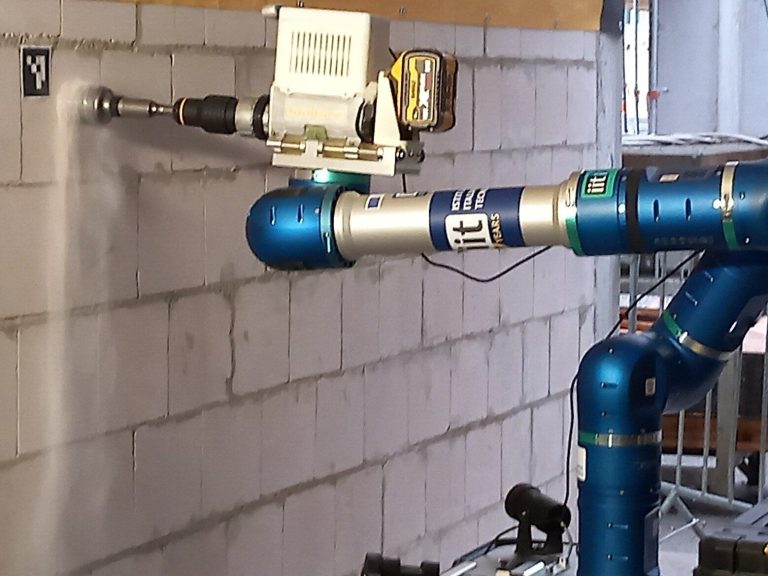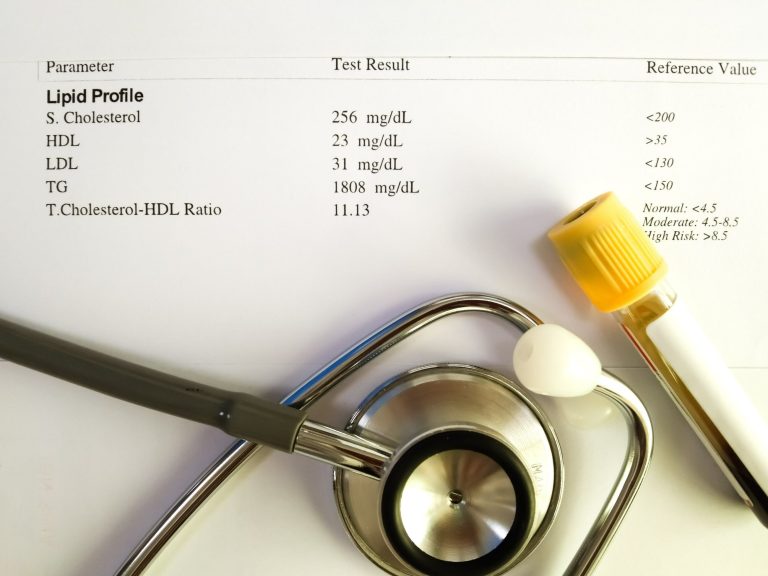Vibrating slimming pill. A surprising idea of scientists

The idea is simple: you swallow a vibrating pill, and the vibrations trick your brain into interpreting it as a satiety signal.
Researchers from the Massachusetts Institute of Technology (MIT) are testing a vibrating pill they invented and, as they say, the first research results are very promising. Will the pill really help with weight loss and obesity treatment? A paper on this topic was published in the journal Science Advances.
How does the vibrating pill work?
When you eat a large meal, your stomach sends signals to your brain that make you feel full, which helps you realize that it’s time to stop eating. A stomach full of fluids can also send such signals, which is why people on a weight-loss diet are often advised to drink a glass of water before eating. Scientists from MIT decided to use this mechanism – the essence of the matter is to stimulate the muscles, which stretch under the influence of food and send a satiety signal. Everything indicates that this mechanism can be fooled, because the vibrations of the pill activate the same receptors, creating an illusory feeling of fullness.
Animal tests were successful. The pill was given to them 20 minutes before eating. Effect? They ate as much as 40 percent. less than without the pill. The pill was excreted over the next few days and, as the researchers emphasize, it did not cause any additional ailments or damage to the intestines.
When will the vibrating pill be available to people?
Now scientists want to test whether the vibrating pill can be safely used in humans. As they say, this would be an important step towards minimally invasive treatment of obesity and help in weight loss. The first step necessary to conduct clinical trials is to find a way to increase capsule production.
“For someone who wants to lose weight or control their appetite, one could take a pill before each meal. This could be really interesting because it would provide an option to minimize the side effects that we see with other available drug treatments,” said Dr. Shriya Srinivasan, one of the study’s authors.






